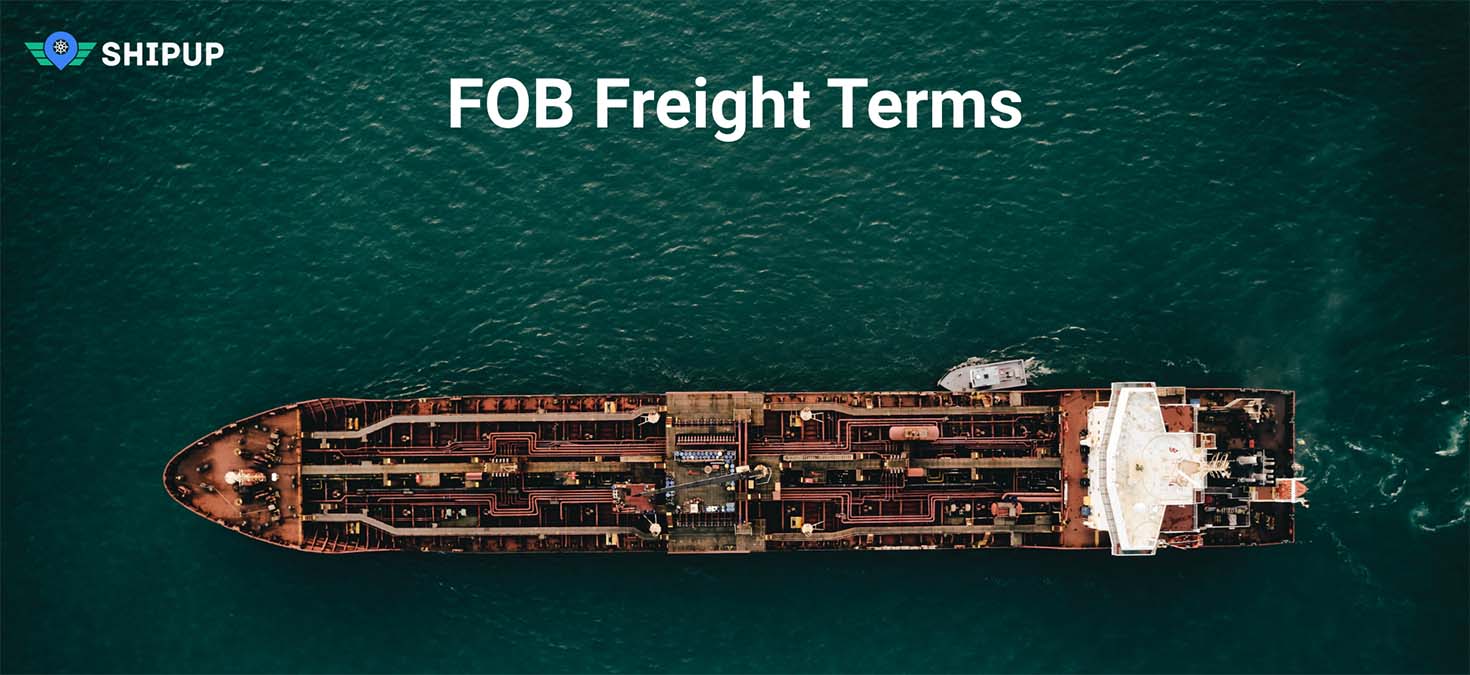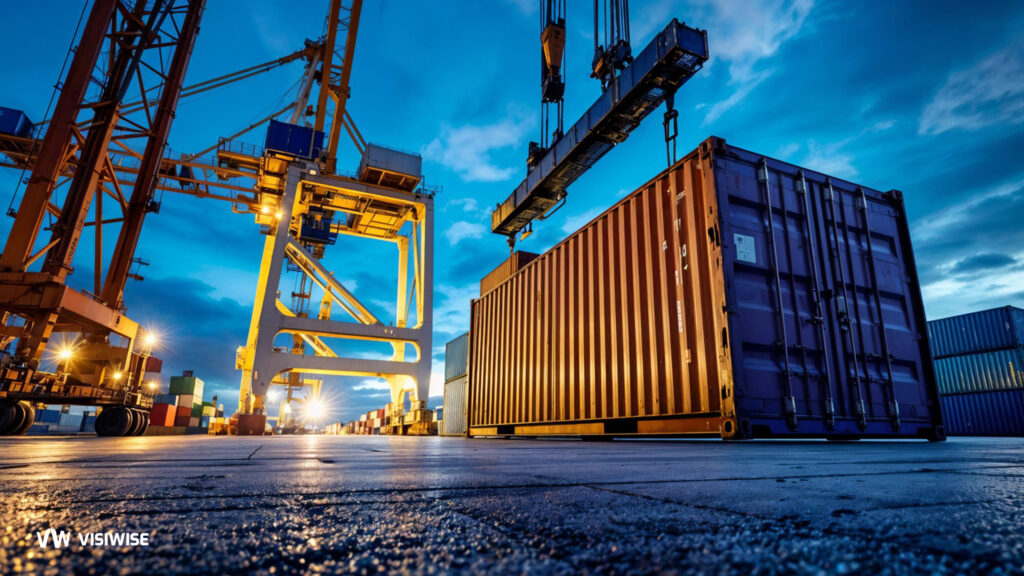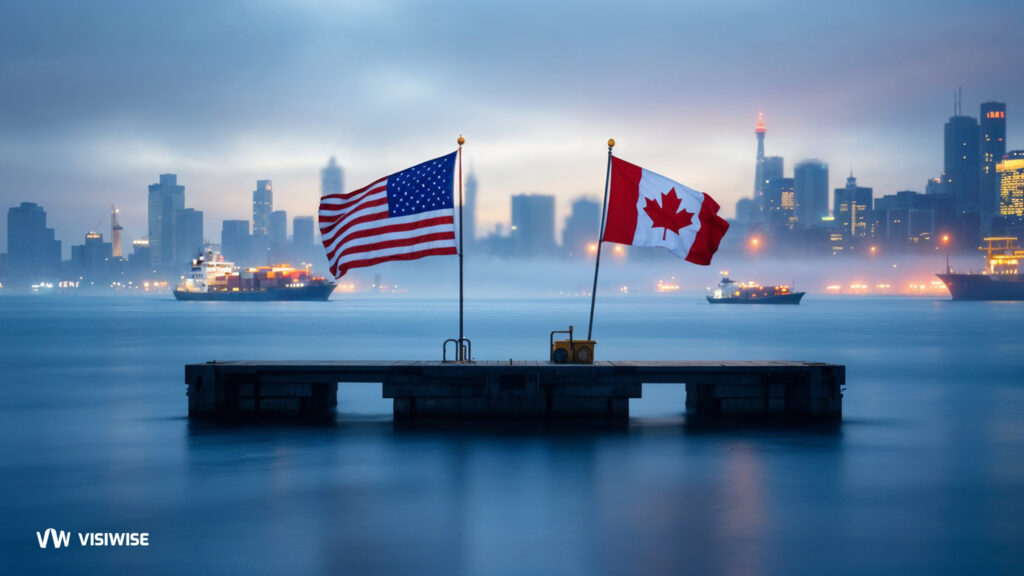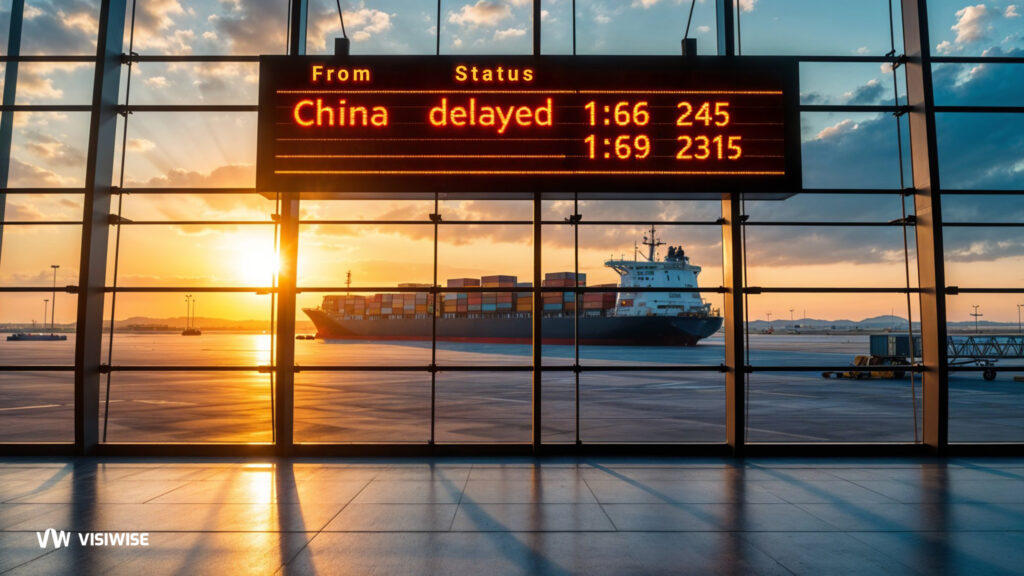An FOB shipment is a type of shipping arrangement in which goods are delivered to a designated location and the buyer assumes responsibility for the transportation costs. FOB stands for "free on board." This type of shipping is often used when exporting goods from one country to another.
Under an FOB contract, the seller agrees to deliver the merchandise to a carrier nominated by the buyer at a specific location. Once the merchandise has been loaded onto the vessel, it becomes the responsibility of the buyer. The buyer then pays all freight and insurance charges associated with transporting the goods to their destination.
FOB contracts are commonly used in international trade because they protect buyers from incurring unexpected costs after taking possession of the merchandise.
Who Pays for Freight on FOB Destination?
When it comes to FOB destinations, who pays for the freight can be a bit of a tricky question. In general, the party who contracts with the carrier will pay the freight charges. However, there are some cases where the seller may agree to pay the freight charges as part of the sale. If you’re not sure who is responsible for paying the freight charges, it’s best to check with your contract or the seller. There is no absolute answer to this question and those who are working together will decide on the terms and responsibility. Of course, when someone takes responsibility for these charges they will consider the costs in pricing.
What Is the Significance of CIF?
CIF means "cost, insurance and freight." This term is common in international sales transactions. However, there’s a key difference between CFR and CIF contracts. Under CFR, the seller pays for shipping and insurance costs to get the merchandise to its destination.
Under CIF, the seller also pays for shipping and insurance costs. However, under CIF, the seller is required to pay for the goods if they are lost or damaged in transit.
Does FOB Mean Free Shipping?
When it comes to online shopping, "FOB" is a term you’ll want to know, unless you can’t sign a contract. But what does FOB mean? Contrary to what some may think, FOB does not mean free shipping. Instead, it stands for "freight on board."
When goods are shipped using FOB terms, the seller is responsible for getting the products to the buyer. Once the products are added onto the ship, the responsibility then shifts to the buyer. This type of shipping arrangement is often used when products are being shipped internationally.
It’s important to note that FOB terms can vary depending on the location of the shipment.
Is FOB Shipping Point Freight in or out?
In the business world, there is often confusion about whether FOB shipping point freight is in or out.
FOB shipping point freight is considered to be "in" when the seller pays for the transportation of the goods to the buyer. The seller then passes liability to the buyer after the buyer pays the purchase price and receives possession of the buyer’s property.
However, if the buyer pays for the transportation of the goods, then FOB shipping point freight is considered to be "out." In this case, the seller is responsible for the goods until they reach the buyer’s premises. The question of who pays for the transportation is usually negotiated in the sales contract.
Example: A company sells furniture to a buyer at an FOB shipping point price. The buyer arranges for the goods to be shipped from the manufacturer’s location to its final destination. The seller, in this case, is responsible for the furniture until it reaches the buyer’s premises.
What Is Cost and Freight (CFR)?
Cost and freight means that the seller pays for all freight charges from his/her location to the port of shipment. The buyer pays for all costs beyond the port of shipment.
Example: A company buys a refrigerator from a manufacturer and has it shipped to its final destination. The seller is responsible for all freight charges from the factory to the port of shipment. The buyer pays for all freight costs beyond the port of shipment.
Freight Allowed Meaning
You will sometimes see the term “Freight Allowed” which means the seller pays the freight bill and absorbs the costs.
When you’re shopping for big-ticket items, it’s important to understand the term "Freight Allowed." This means that the seller will pay the freight bill and absorb the costs. This is generally a good deal for the buyer, but there are a few things to keep in mind.
First, make sure you understand what’s included in the shipping costs. There may be some additional fees for things like handling or insurance. Second, find out when the item will be shipped. You don’t want to be waiting for weeks or even months for your purchase to arrive.
Finally, ask about the seller’s return policy. Most reputable sellers will allow you to return an item if it arrives damaged or if there are any other problems with it. But it’s always best to know upfront what the policy is so that you can avoid any surprises down the road.
Freight Allowed vs. Freight Prepaid
There are two main options when it comes to shipping your goods: freight allowed and freight prepaid. Both have their pros and cons, so it’s important to understand the difference before making a decision.
With freight allowed, the shipper pays for the cost of shipping and the receiver is responsible for any damages that occur during transit. This option is often used when shipping high-value items or when the receiver has a good relationship with the shipper.
However, with freight prepaid, the receiver pays for the cost of shipping and the shipper is responsible for any damages that occur during transit. This option is often used when shipping low-value items or when the shipper has a good relationship with the receiver.
FOB Destination
The term FOB destination in the shipping industry means that the seller pays for transportation of the goods to the buyer, but the risk of loss or damage to the goods transfers to the buyer once the goods are delivered. This type of shipping arrangement is often used when the seller is located in a different city or state from the buyer.
FOB destination is usually used for large shipments that are going to be transported using vessels. The advantage of using this type of shipping is that it allows the seller to control the transit time and schedule, which can be important for items that are time-sensitive or perishable.



